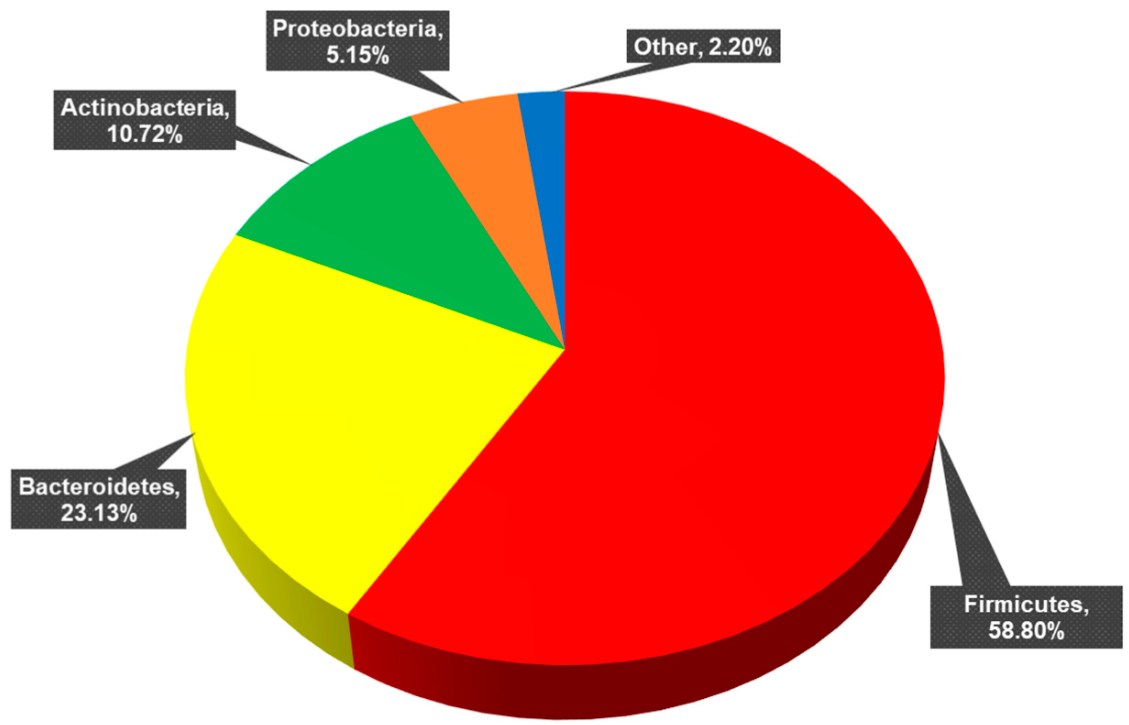This study explores the associations between sedentary behavior, screen time, and the alpha diversity and composition of the human gut microbiota in adults with and without impaired glycemic control. Data were collected from 47 adults, and microbiome composition was determined through fecal microbial DNA analysis. The findings suggest potential links between sedentary behavior, screen time, and an increased risk of type 2 diabetes through modulation of the gut microbiota.
Key Scientific Findings:
- Associations with Sedentary Behavior:
- Total sedentary behavior was negatively associated with alpha diversity metrics, including observed operational taxonomic units (OTUs), Chao 1 Index, and Fisher’s Alpha Index.
- These associations remained significant even after controlling for relevant covariates, such as MVPA, BMI, glucose, HDL cholesterol, and triglycerides.
- Associations with Screen Time:
- Total screen time was negatively associated with observed OTUs, Shannon Index, and Fisher’s Alpha Index.
- The association with observed OTUs remained significant, independent of all covariates.
- Firmicutes to Bacteroidetes (F/B) Ratio:
- Total sedentary behavior was positively associated with F/B ratio, supporting a potential link between sedentary behavior and gut microbiota composition.
- Context-Specific Sedentary Behavior:
- Leisure time sedentary behavior, including screen time, was independently associated with reduced alpha diversity.
- Occupational and sedentary transportation were not consistently associated with markers of alpha diversity.
- Comparison with Previous Studies:
- The study distinguishes itself by quantifying domain-specific sedentary behavior using validated questionnaires, contributing to a more nuanced understanding compared to previous studies that defined sedentary behavior based on meeting physical activity guidelines.
- Unique Contribution to Gut Microbiota Research:
- This is the first study to investigate the associations between sedentary behavior, screen time, and gut microbiota diversity and composition.
- The study extends existing findings by quantifying sedentary behaviors and including participants across a broader age range and health status.
- Screen Time Specifics:
- The negative association between screen time and alpha diversity suggests that the type and duration of screen use may influence gut microbiota composition.
- The study emphasizes the importance of distinguishing between various types of screened devices and their impact on microbiome diversity.
- Limitations and Future Directions:
- The study acknowledges limitations, including a small, demographically homogenous sample and reliance on self-reported sedentary behavior.
- Future research should explore larger, more diverse samples and incorporate objective measurements of sedentary behavior and physical activity.
Conclusion: This study provides novel insights into the relationship between sedentary behavior, screen time, and human gut microbiota diversity and composition. The negative associations found between sedentary behavior, particularly leisure time sedentary activities, and alpha diversity, as well as the positive association with F/B ratio, suggest a potential mechanistic link between these lifestyle factors and an increased risk of type 2 diabetes. Further research is warranted to validate and expand upon these findings, considering the nuances of sedentary behavior and screen time, and their implications for gut microbiota modulation.
Link to the study : https://tinyurl.com/yjsu6wbj
